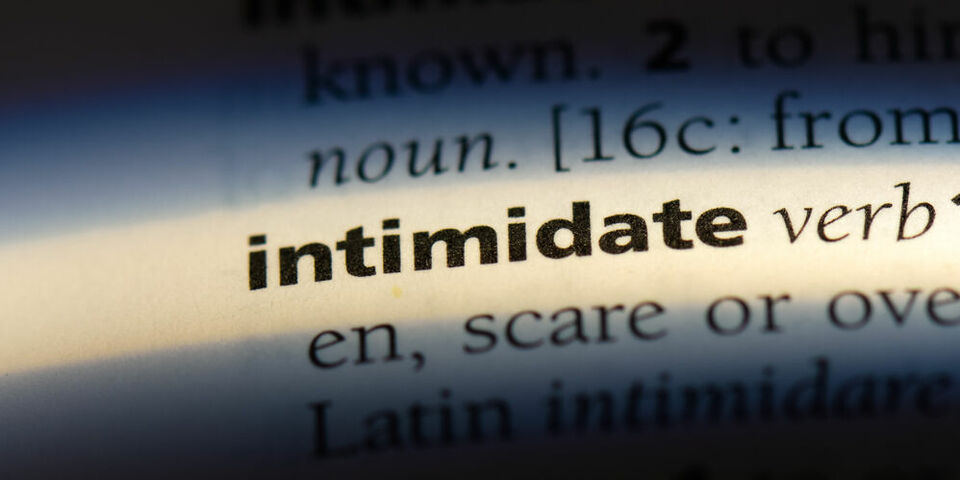In March, Leiden historian Nadia Bouras filed a police report for harassment after someone had left a Vizier op Links sticker on her front door, referring to a platform that takes aim at perceived left-wing activists. Bouras’ employer, Leiden University, also reported the incident to the police, and the Association of Universities in the Netherlands (VSNU) and the Royal Netherlands Academy of Arts and Sciences (KNAW) underscored that these kinds of threats and intimidation tactics are unacceptable.
Hate campaigns
Bouras is not the only scientist being harassed. Last Friday, the TV programme Nieuwsuur interviewed other professors and lecturers about the hate campaigns, social media hacking attempts, death threats and intimidation at their own front doors they have to deal with.
Among them were Catherine de Vries, professor of Political Economy in Milan, Sarah de Lange, professor of Political Science at the University of Amsterdam, and Leonie de Jonge, a Political Science lecturer at the University of Groningen whose research focuses on far-right political movements.
Marion Koopmans, professor of Virology at Erasmus University Rotterdam, is also facing fierce public backlash. As a member of the Outbreak Management Team, which advises the Dutch government on its coronavirus response, she has been a familiar face on TV during the pandemic. As a result, she is regularly attacked on Twitter. Talking to Nieuwsuur, Koopmans said that this could very well lead to self-censorship. “When you get these kinds of messages for a while, you do start to wonder: why do I keep doing this?”
Trolls
Ineke Sluiter, president of the Royal Netherlands Academy of Arts and Sciences, has pointed out that female scientists, politicians and journalists appear to be targeted for harassment more often than their male peers. She has pleaded for support before, and did so again on Nieuwsuur. “We can’t stop trolls from trying to silence female scientists through intolerance, sexism, obscenity, threats and intimidation. But we can support the people who have to deal with harassment, and that helps a lot.”
That’s why university association VSNU is working on a guide for scientists who have been intimidated or threatened. “The guide will explain what steps they can take and who they can turn to at their university and beyond”, says a spokesperson. Universities will also receive tips on how to help their employees, for example when it comes to filing a police report.


Discussion